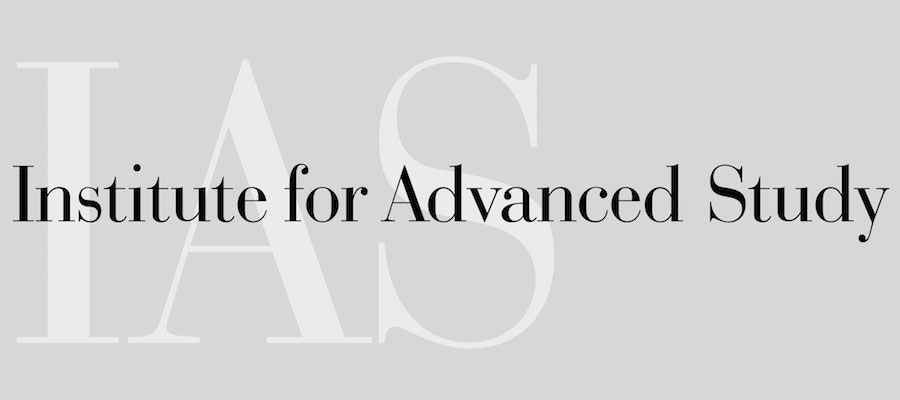The Institute for Advance Study is an independent private institution founded in 1930 to create a community of scholars focused on intellectual inquiry, free from teaching and other university obligations. Each year scholars from around the world apply to come to the Institute to pursue their own research. Those who are chosen are offered a membership for a set period. Members receive access to the extensive resources of the Institute, including offices, access to libraries, subsidized restaurant and housing facilities, and some secretarial services.
The School of Historical Studies supports scholarship in all fields of historical research, but is concerned principally with the history of western, near eastern and Asian civilizations, with particular emphasis upon Greek and Roman civilization, the history of Europe (medieval, early modern, and modern), the Islamic world, East Asian studies, art history, the history of science and philosophy and modern international relations. The School also offers the Edward T. Cone Membership in Music Studies. Each year the School welcomes approximately forty Members. Most are working on topics in the above mentioned fields, but each year the School also selects some scholars working in other areas of historical research. Members in the School are appointed for either one term or for two terms, amounting to a full academic year.
Eligibility requirements include a substantial record of publication and a PhD awarded by no later than December 31, 2018. The School takes into account the stage of the scholar’s academic career when considering the list of publications, but in general applicants should have at least several articles already published in scholarly publications in order to be considered eligible. Qualified candidates of any nationality are invited to apply. Scholars are not required to have a current institutional affiliation.
Members are required to remain in residence in Princeton during term time. Members’ only other obligation is to pursue their own research. If they wish, they may also participate in seminars and meetings within the Institute, and there are ample opportunities for contacts with scholars at nearby universities.
